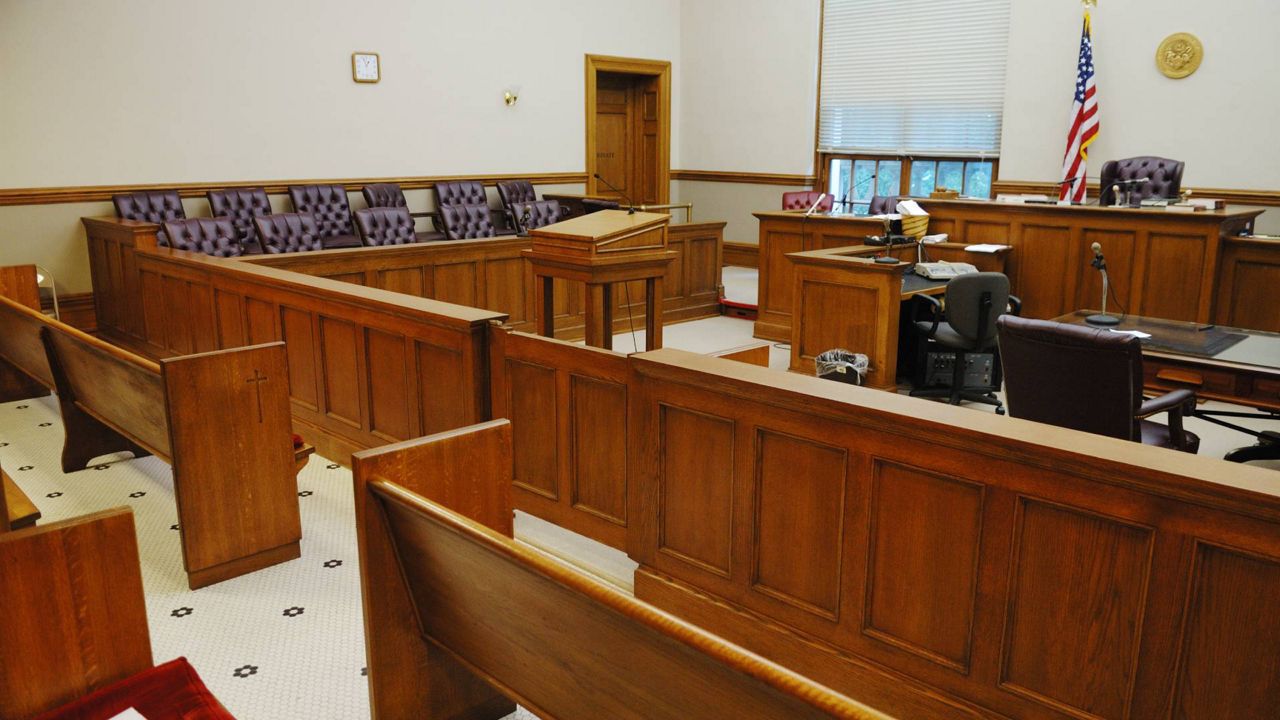State and federal lawmakers on Monday called for an end to fees incurred by those in the criminal justice system, calling it a source of revenue that hurts low-income people and can perpetuate a cycle of debt and incarceration.
The push to end the fees comes amid alarm among criminal justice reform advocates, as well as progressive lawmakers, at the conditions of Rikers Island jail in New York City and efforts to reduce the number of people who are incarcerated there.
The measure before state lawmakers would end court fees, as well as parole, probation and other mandatory minimum fines. It would also seek to bar incarceration on the basis of unpaid fines and fees, as well as the garnishment of commissary accounts.
"Mandatory and excessive court fees are the ugly face of a justice system that offers one standard for the wealthy and another for the poor," said Manhattan Assemblywoman Yuh-Line Niou, the sponsor of the bill in her chamber. “This is a system designed to criminalize poverty. To marginalize New Yorkers who can't pay the arbitrary revenue-generating court fees baked into every step in our state's legal process. New Yorkers deserve a justice system that works fairly for all — not just those who can afford to pay its endless surcharges."
California last year approved a measure ending court fines and other criminal justice system surcharges. All told, the state banned the collection of 23 fees charged, including parole, probation and other booking fines.
The law ultimately forgave $16 billion court debt. This month, that state's Legislature also moved to end another 17 fees and forgave $534 million in debt.
“The criminalization of poverty is pervasive throughout our criminal justice system, and it must be stopped,” said Sen. Julia Salazar, the lead sponsor of the measure in the state Senate.
The end to court fines in New York is also being pressed for days after Gov. Kathy Hochul last week signed a measure overhauling the state's parole laws with the goal of reducing the number of people who are jailed because of parole violations.
The measure does not take full effect until March, so Hochul is also moving to release people from Rikers and potentially other jail facilities in the state following a review process.


